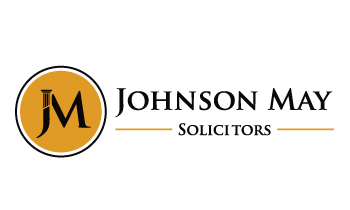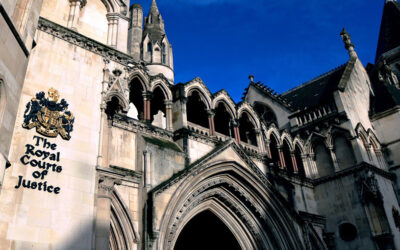- Take steps to identify your tenant so you can verify that they are who they say they are.
Here are some checks that you can undertake: –
Check ID such as a driving licence or passport.
Check proof of address like a utility bill to confirm the tenant’s previous address.
What is the tenant’s National Insurance number?
If your tenant is not a British citizen do they have a right to stay in the UK and the right to rent.
Check work references to verify income and stable employment.
Undertake a credit check to see if there are any red flags. For example, does your tenant already have CCJs?
Get a landlord reference from a former landlord rather than the tenant’s current landlord. The current landlord may not be truthful if they wish the tenant to leave the property.
Here are some questions that you can ask your tenant to try to get to know them and their situation better:-
- Why are you looking for a new home?
What is the person’s motivation for moving?
Good reasons may be, for example, wanting more space, wanting to be near family, or a change of job.
Things to look out for, arguments with the landlord or neighbours, being evicted, unable to pay the rent.
- How many people will be moving in with you?
Sometimes, one person may make contact, but do they intend to also move in with a spouse, children, or extended family members?
It is always a good idea to check how many people are intent on moving. Have a limit on the number of people that can live in your property.
- When would you like to move?
Great if your tenant wants to move in as soon as possible but you should also try to find out why just in case the reason given causes concern.
- What do you do and how much do you earn?
This is a good way to establish the type of work your potential tenant does and whether they can afford to pay the rent.
If you are concerned that your tenant may not be able to pay the rent, you can request a guarantor. Then if for some reason the rent is not paid, the guarantor can be asked to pay the rent on your tenant’s behalf.
- Are you able to pay one month’s rent and one much deposit in advance?
Taking a deposit can given you a little more security if something needs fixing at the end of the tenancy but you must ensure that you protect the deposit on time and that you give your tenant full information about how to rent and how their deposit has been protected.
- Do you require the property to be furnished or unfurnished?
It is good to know the answer to this question so that you can plan accordingly.
- Having seen the property, are there any improvements or changes that you would like addressed beforehand?
This is a good way for you to see whether any work needs to be undertaken in the property before the tenant moves in so that those potential issues can be addressed at the outset to avoid early requests/complaints.
It may also give you insight into the type of tenant you may be taking on if they are very demanding before the tenancy has even begun.
- Have you ever been evicted from the property?
Your tenant may choose not to truthfully answer this question, but it is worth asking anyway. If the tenant was evicted, there may have been a genuine reason not associated with the tenant’s conduct. For example, the landlord may have required his or her property back to live in.
Our landlord and tenant specialist solicitor can help you if you need help to evict a tenant.
Make a free enquiry
We are landlord and tenant solicitors in Beckenham and in the City of London can help you to get your property back.
Call us on 020 8150 7171, email info@johnsonmay.com or complete our Free Online Enquiry for a
free, no-obligation discussion and let us explain your legal rights and
options.




